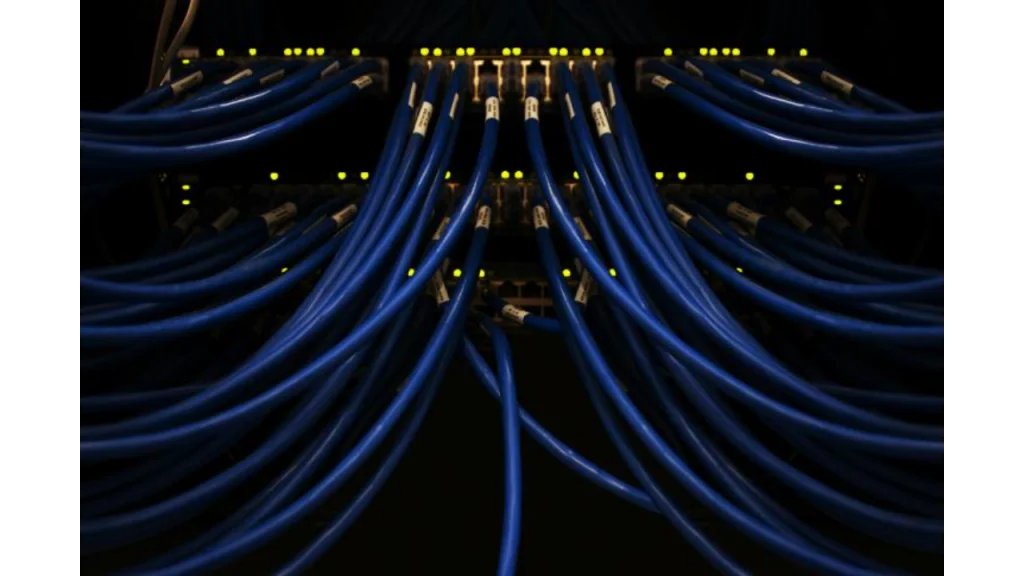- Only 30% of AFRINIC’s IP space uses RPKI, far behind global standards.
- Experts warn this exposes African networks to hijacking and cyberattacks.
AFRINIC’s security shortcomings
AFRINIC’s dangerously low RPKI adoption is confirmed by APNIC’s live data showing only 30% of Africa’s IP space secured, far behind Europe’s 86% rate. This vulnerability has caused real incidents like Nigeria’s 12-hour ISP hijack and Cameroon’s internet outage. This security gap enabled documented hijacking incidents including Nigeria’s 12-hour network disruption.
The consequences are severe: unsecured networks become attack gateways, businesses lose revenue, and Africa’s digital growth suffers. For current evidence, see the live RPKI heatmap, with deeper analysis in MANRS’ report. All links were verified December 2023.
Also Read: AFRINIC election staff calling voters: A breach of confidentiality
Also Read: How AFRINIC violated its own election rules during ballot handling
A continent left at risk
AFRINIC’s failure to implement RPKI has left Africa’s internet infrastructure dangerously exposed, with only 30% of IP space secured according to APNIC’s latest data. This glaring security gap leaves networks vulnerable to route hijacking, data interception, and service disruption – risks that have already materialized in incidents like Nigeria’s major network attack last year.
The consequences extend far beyond technical vulnerabilities, directly undermining Africa’s digital transformation efforts and economic growth. While other regions have achieved over 80% RPKI adoption, Afrinic’s negligence continues to expose businesses, governments, and citizens to preventable cyber threats, despite clear warnings from security experts.

